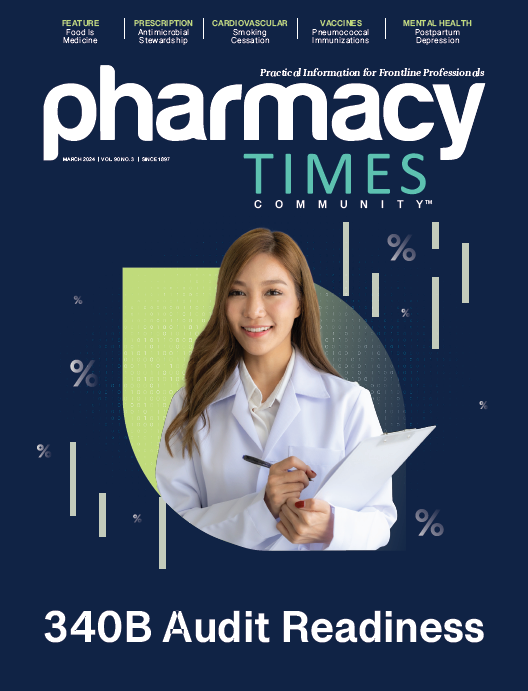Issue of the Case
A pharmacy paid telemedicine providers to direct many prescriptions for specific medications to their location, then submitted inflated claims to defraud pharmacy benefits managers (PBMs).
Facts of the Case
Eight individuals and a variety of firms they controlled devised and implemented a scheme resulting in health care fraud totaling millions of dollars, which involved tens of thousands of prescriptions. Three of the defendants operated a pharmacy that entered into an agreement with a telemarketer to generate prescriptions directed to their pharmacy and others. The medications were typically pain creams, scar creams, and vitamins.
In the scheme, the telemarketing firm presented itself as a telemedicine service and had staff members place cold calls to patients to deceive them into agreeing to accept the medications. The patients would be asked to provide their personal health information, including insurance coverage and relevant account numbers. That would then be passed along to physicians, who would authorize the prescriptions through the firm’s telemedicine platform. Those prescribers never communicated directly with the patients, relying solely on the screening processes of the telemarketer as basis for the authorizations. A number of pharmacies were engaged in this process, dispensing medications to the patients so the pharmacies could submit fraudulent claims for reimbursement.
About the Author
Joseph L. Fink III, JD, DSc (Hon), BSPharm, FAPhA, is a professor emeritus of pharmacy law and policy and former Kentucky Pharmacists Association Professor of Leadership at the University of Kentucky College of Pharmacy in Lexington.
The false claims submitted to the PBMs were passed along to private insurers and government programs such as Medicaid and TRICARE. The interstate nature of the activity and the involvement with federal programs led to the proceedings occurring in federal court. The US attorney’s perspective on these transactions was that use of the faulty and fraudulent process resulted in prescriptions that were invalid.
The charges were filed in a US district court. A jury found 1 defendant guilty, and another 5 entered pleas of guilty. In addition to the conviction of these individuals, a number of associated business entities had pleas of guilty entered on their behalf.
The Court’s Reasoning
The sentences were instructive because they were customized to the wrongdoings of the individual defendants. The lead conspirator received 14 years’ imprisonment and was ordered to make a $2.5 million forfeiture. A second conspirator received a sentence of 33 months in prison. Both were ordered to pay nearly $25 million in restitution. Another active participant was sentenced to a term of 42 months’ imprisonment. The corporate entities he created—3 pharmacies and a wholesaler—were sentenced to pay nearly $25 million in restitution. His colleague was sentenced to 10 months’ imprisonment and a $10,000 fine. Three years’ probation was given to another member of the group, who also was ordered to pay a $10,000 fine. A corporate entity he created to facilitate the enterprise was sentenced to pay $21 million in restitution. A collaborator of his was to serve 15 months’ imprisonment and pay a $25,000 fine. Lastly, a sentence of 24 months was assessed for another coconspirator, with an additional assessment of nearly $25 million in restitution. A corporation with which he was affiliated was ordered to pay restitution of $4.25 million.
The US attorney who prosecuted the case said, “The scale of the prescription drug scheme orchestrated by these defendants and their coconspirators was astonishing, and the court’s prison sentences reflect the seriousness of their crimes.”
Reference


